|
-Rev. Joanne Walker Flowers, PhD- A person without self-control is like a breached city, one with no walls. Proverbs 25:28 CEB  I grew up in Louisville, Kentucky which sits on the Ohio River. Back in 1937 there was a devastating flood known as “The Great Flood.” In response to this widespread devastation, the U.S. Army Corps of Engineers built a network of earthen levees and concrete walls to protect the city from future flooding of this magnitude. This flood wall runs through neighborhoods, parks, and across streets where the wall is open permitting traffic through. However, there are closures or gates available to seal the wall if there is the risk of flooding. The water of the river never rose high enough for me to see the gates moved into place as a child and I thought it never would. It was difficult to believe the water could ever get that high. But in 1997, when the city experienced flooding it hadn’t been seen for 60 years, the gates were moved into place and with the wall intact, the city was protected. The flood wall protected Louisville from the damaging flooding. Similarly, the walls constructed around cities in antiquity protected those cities and prevented enemies from entering. “More than anything you guard, protect your mind, for life flows from it.” (Proverbs 4:23) Self-control is how we protect our heart and mind. It is our wall. It is not a coincidence self-control is the last fruit listed in Galatians 5:22-23 because self-control affects our ability to walk in all of the fruit of the Spirit, i.e., love, joy, peace, patience, kindness, goodness, faithfulness, and gentleness. When we are in control of our actions and reactions; when we limit who and what we allow into our lives; when we keep our minds on things above, we have grown to the point we can bear fruit. --- Dear Lord, help me to control of my emotions, thoughts and actions through the power of your Holy Spirit. I desire to be what you want me to be. Only you know where I am most vulnerable and though I am weak, in Christ I am strong. In Jesus’ name I pray. Amen.  Joanne Walker Flowers is ordained clergy in the Christian Church (Disciples of Christ) with a ministry of health and healing. -Mike Miles- Look, my Servant whom I chose, the one I love, in whom I find great pleasure. I’ll put my Spirit upon him, and he’ll announce judgment to the Gentiles. He won’t argue or shout, and nobody will hear his voice in the streets. He won’t break a bent stalk, and he won’t snuff out a smoldering wick, until he makes justice win. And the Gentiles will put their hope in his name. Matthew 12:18-21 (CEB)  Several years ago—even before YouTube—a series of videos produced by Vintage 21 Church went “viral.” The four videos were satirical in nature, taking clips from an old 1960s Sunday School film about the life of Jesus and dubbing over them with their own voices, a la “Mystery Science Theater 3000.” Their goal was to challenge some of the preconceived notions about Jesus; in the original film, Jesus is depicted as stoically gliding from place to place, his face nearly emotionless as he robotically interacts with his disciples. This is in contrast to more modern dramatizations which attempt to convey Jesus’ humanity and “realness.” While I find the “Jesus Videos” (as they’ve been called) to be very humorous, I do think that the original film was earnestly trying to depict a very important attribute of Jesus: his gentleness. As we discuss the fruit of the Spirit this Lenten season, we see each attribute vibrantly demonstrated in the life of Christ. After all, as the above passage states, the Holy Spirit was upon him and gentleness is one of the ways the Spirit is made manifest. Where I believe that old film fails, though, is in confusing gentleness with indifference and apathy. What, then, does the gentleness of Jesus look like? In the context of Matthew 12, we see Jesus interacting with his opponents, the Pharisees. Their conflict grows rather heated and impassioned to the point that the Pharisees leave enraged and being the plot of have this Jesus of Nazareth killed. In a battle of verbal debate, the Pharisees are no match for him and this infuriates them. Jesus was fully aware of what they intended to do with him. And yet, how does he respond? He withdraws. He leaves that place and continues his healing ministry in secret. Was he afraid? Was he cowardly? Was he apathetic, even? No…Jesus was gentle. We never see Jesus on the offensive. Though he certainly wields great power and demonstrates that thoroughly during his time on earth, Jesus never uses his power for personal gain. When attacked by the Pharisees, he very capably defends himself and gains the upper hand, but he chooses not to pursue them. Instead, he retreats. As we see in Matthew’s quotation of Isaiah, he won’t “argue or shout,” “break a bent stalk,” or “snuff out a smoldering wick.” To do so would not be in line with the will of God and is not a fruit of the Spirit. Instead, Jesus proclaims a message of justice, hope, and grace to all nations. The gentleness of Jesus, despite how it may appear at first, is extremely powerful, for it is in the spirit of gentleness that he achieves his greatest victory. In our own lives as God’s children, we are presented with similar opportunities as our Lord to choose gentleness over aggressiveness. In our battles with this world, may we remember that it is endurance and perseverance that ultimately carry us through to the end. - - - Merciful Father, may your Spirit be upon us. Help us to demonstrate gentleness to those around us. May we never seek more than to do Your will and to bring healing and hope to this world in our words and in our actions. In the name of the Gentle Shepherd we pray: Amen.  Mike Miles is the student and family minister at the Livonia Church of Christ in the western suburbs of Detroit, Michigan. He attended Abilene Christian University, where he obtained his Bachelor of Arts in Christian Ministry in 2009. Mike is currently working on his Master of Religious Education in Missional Leadership at Rochester College in Rochester, Michigan. Mike has a love for community and for bringing people together, especially across society's dividing lines. Born in the Philippines, he has since lived in over twenty different places but happily calls Michigan "home." He is unashamedly nerdy. He has tried to maintain a blog for years, but has decided that he is just too lazy. He is married to Blythe and has a son, with a baby girl on her way in early 2017! -Rev Rebecca Ann Yowler- God will protect you with his pinions; you’ll find refuge under his wings. His faithfulness is a protective shield. Psalm 91: 4 CEB  When we think about faithfulness as a fruit of the spirit, we tend to think about our faithfulness to God- our loyalty and our fidelity. Being faithful implies that we are consistent in our worship and that we will return to God again and again rather than seeking solace or protection from other sources. But today’s verse from the Psalms challenges that notion. Today we are reminded that God is faithful to us. That’s a bit hard to take in, so let me say it again. God is faithful to us. Psalm 91 is a powerful reminder that faithfulness is a two-way street. Of course, we are called to be faithful to God. We are supposed to be loyal to God- and only God. It’s that whole first commandment thing- you know, “Thou shalt have no other gods before me” and such. Our faithfulness to God is an important and vital part of our relationship with the Divine. But, our faithfulness is only part of the equation. In our symbiotic relationship with our creator, God’s faithfulness is vital, and important, and something we tend to forget. God cares for us, loves us, and is loyal to us. When I lost my grandmother just before Easter in 2013, I was most comforted by the image of a mother hen. In the gospels of Matthew and Luke, Jesus also compares god to a mother. He says that God is like a mother hen who wants to stretch out her wings over her chicks and protect them. This image, the image of a mother hen with her arms outstretched, this is the image of God that sticks with me most, and in mourning my grandmother, that image resonated. Nancy was most definitely a mother hen—she would either fiercely protect and nurture you, or henpeck you to death until you did exactly as she wanted. This small verse from Psalm 91, recalls that idea as well, “God will cover you in her feathers and under her wings you will find refuge; her faithfulness will be your shield and rampart.” God outstretches her motherly wings and protects us, hides us, and keeps us safe. Like a mother hen, God is faithful in her protection. This doesn’t mean that God doesn’t have expectations, doesn’t get disappointed, or doesn’t wish we’d behave better. It does mean, however, that even when we screw it up, God is still there. Loving us. Protecting us. Staying faithful to us. And I’m reminded of my grandmother yet again. Nancy was most definitely a great mother hen—loving and sheltering and guiding and henpecking and prodding. She was loving and tender as long as you listened to her, and if you failed to listen, she’d preach at you until you came around. We often had to remind her that we had already heard one sermon during the week and really didn’t need another, but she often felt obliged to preach at us anyway. She was the great matriarch of our tribe- to the extent that my father even called her “chief.” But even when she was chastising and pushing and prodding and henpecking, she loved us, was fiercely protective of us, and was faithful to us, her children and grandchildren. Missing her reminds me that God’s faithfulness is that kind of faithfulness—it’s the kind that pushes us, prods us, and keeps reminding us that we are God’s and that we are safe beneath her loving wings - - - Gracious and loving mothering Hen, thank you for spreading your wings over me in protection and love. Help me to remember that you are faithful to us even in our mistakes and missteps. Push me, prod me, and remind me again and again that you love me and have me safe beneath your wings. Amen.  Rev Rebecca Ann Yowler is an ordained Disciples minister and an academic librarian. She is currently adjunct faculty at Valparaiso University. She is passionate about pugs, knitting, and figure skating. You can read her occasional sermons and devotions at www.beccassermons.livejournal.com -Rev Jamie Brame- He has told you, human one, what is good and what the Lord requires from you: to do justice, embrace faithful love, and walk humbly with your God. Micah 6:8 CEB  When I was a young ministerial student, this was one of my favorite texts for preaching. At first glance, it’s about behavior, and we Christians love to talk about behavior! One of the things I like about being older is that I get to mentor young pastors. Young pastors often ask me how to get people to do certain things or be certain ways. How about you? Is Christianity about how you act? Doing justice is an action. Embracing faithful love and walking humbly with God are states of being, though. We go beyond behavior to actual living out of our faith with an attitude: loving God and others, and learning to be with God. We cannot do justice properly without a close relationship with God! Having a mindset to be a just, good, loving person takes more than a decision. All of us deal with others every day: no matter how much we plan to be fair and kind and honest and loving, there’s always those people who can stop us just by their being alive. Think about it: just drive to a grocery store parking lot and see how long it takes you to get angry at someone’s selfishness! Drive down the road and count the times you get frustrated with other drivers; and these examples don’t even require you to be face-to-face with people! What about where you work: are you fortunate enough to work with saints? Doubtful! In college, I met an old man who had marched with Dr. Martin Luther King in all the big civil rights marches. I asked him, “How did you stand being non-violent? How were you able to take being spit on, beaten, cursed, and treated worse than a dog?” “Young man, we didn’t just go and march: everyone was supposed to come and be part of worship, prayer, and Bible study. We didn’t march unless we had spent time with God!” We want to be good. We want to be just. To do these things takes embracing a daily walk with God, spending actual time with just God and you, often listening instead of talking. Over time, goodness, justice, and love can become who you are. Maybe Micah should have said “walk humbly with your God” first? No: we learn best what we need to do by failing at the good things and turning to God for help. Besides: sometimes, our doing justice actually succeeds! - - - Good and loving God, help us to walk with you each day, learning to love, and learning to be your hands and feet and voices to the world around us, in Jesus name, amen  Rev Jamie Brame is the Program Director at Christmount Conference and Retreat Center, located in Black Mountain, NC. He has served there for over 27 years, working with both youth and adults. His interests include the study of spirituality and prayer, with an emphasis on eastern spirituality and its application in a Christian context. In addition to his ministerial vocation, he is also a musician who performs with his wife, Renae. He holds an M. Div. from Duke Divinity School and B.A. from Atlantic Christian College (now Barton College.) -Kristy Burmeister- Be kind, compassionate, and forgiving to each other, in the same way God forgave you in Christ. Ephesians 4:32 CEB  Drivers mashed their horns and swerved around me. My little blue car sat right in the middle of the off-ramp, and it wasn’t going anywhere. Just as I was exiting to head back to my new job, my car just stopped. The engine wouldn’t turn over, and I didn’t know what to do. I was nineteen, without a cell phone, and living on my own in a new city. I’d never had to deal with a broke-down car on an off-ramp before. A soft tap on my driver’s side window startled me. I assumed the middle-aged man outside my window wanted to holler at me for blocking the ramp, so I only cracked my window a little. “Put it in neutral,” he said. I did. He pushed my car off onto the shoulder, and then offered me a ride to a phone. He probably doesn’t remember me. But I remember him. He could have gotten agitated by my inconveniently parked car. I was in his way just as much as I was in any other driver’s way. Instead of honking at me or flipping me the bird, he chose to be kind and help me out. And kindness is a choice, isn’t it? We can choose to put ourselves into another person’s shoes. We can choose to act out of kindness and compassion instead of acting out of anger and judgment. If we allow ourselves to be open to the Holy Spirit, our first instincts won’t be to lay on the horn and drive around. Our first instinct will be to listen to the problem and offer to help. - - - God, please help me to choose kindness, even when it’s not convenient. Allow the Holy Spirit to work through me and influence my actions. Amen  Kristy Burmeister writes about stalkers, church-related trauma, feminism, and pie (pretty much in that order) at kristyburmeister.com. She's currently working on a memoir about a church that almost got her murdered when she was a teenager. (Spoiler: She's still alive.) -Rev Myra Torrance- God will repay everyone based on their works. On the one hand, he will give eternal life to those who look for glory, honor, and immortality based on their patient good work. Romans 2:6-7 CEB  I have often thought that the word “patience” is like a bold bright colored ribbon that encircles a small black box that contains that four letter word: WAIT! We wait for a baby to be born. We wait for them to turn over, crawl, and walk. We wait for school to begin. We wait for school to be out. Etc. Etc. Etc. And in contrast we also count our birthdays and wonder/wait for our time to die. We don’t like to be told to wait! It is a simple fact of life. But, it is in those waiting times that we learn the word “patience.” What we do what that time is what is most important. Jesus knew His life was coming to an end. But, He didn’t sit around moaning and groaning. Instead, He went out and taught what needed to be learned. That life is not lived by simply breathing. But, something more than sighs. It is getting out: Tending to the sick and needy, clothing the naked, feeding the hungry. As we do these acts of tending we find our souls are being nourished by God, Himself. The black box contains the awful word “WAIT,” but the bright colored ribbon teaches us that the word “patience” is something to be hold in the Christian way of life. - - - Lord of all: You see everything, and understand the timing better than us. Help us learn to wait with patience. Amen.  Rev Myra Torrance is the pastor of Chelan Christian Church, where she has led the congregation for four years. She has been a pastor in the Disciples of Christ Christian Church for over 35 years. Prior to being called to the pulpit, she was the Executive Director for Hospice in Vincennes, Indiana. Myra is originally from Vincennes, Indiana, where she raised her four children with her husband, Bud, before his passing in 2011. Myra loves to write and enjoys time with her two Chihuahuas. “What does love look like? It has the hands to help others. It has the feet to hasten to the poor and needy. It has eyes to see misery and want. It has the ears to hear the sighs and sorrows of men. That is what love looks like.”
-Augustine- -Rev Barbara Taylor Minton- Let your gentleness show in your treatment of all people. The Lord is near. Don’t be anxious about anything; rather, bring up all of your requests to God in your prayers and petitions, along with giving thanks. Then the peace of God that exceeds all understanding will keep your hearts and minds safe in Christ Jesus. Philippians 4:5-7 CEB  Peace, an absence of conflict, freedom from disturbances, the end of war. Expand that definition to include the spiritual aspect of peace, an inner sense of wholeness and well-being, Shalom, in the Hebrew language. Pondering these verses from Philippians we see both aspects of peace embracing one another—the absence of conflict in our gentle treatment of others, and the inner calm as we commune with God, grateful for reconciliation through Jesus Christ. Today’s verses challenge us to a take a personal inventory, a self-evaluation, if you will. When the Spirit of God moves in our heart, our character begins to reflect a godly nature. Moved by God’s best purposes, strengthened by the Holy Spirit, informed by the life and teachings of Jesus, we begin to look out for the well-being of others. We rejoice when others rejoice, weep when others weep. We become aware of the community around us and, with a nudge from the Spirit, we respond with compassion, gently and faithfully, as we grow in grace. However, our continued growth is a commitment to a multifaceted process, not an instantaneous magical occurrence when we embrace particular doctrines or exercise specific disciplines. Scripture says Jesus grew tall and wise, loved by God and others. In other words, Jesus grew just as we grow, from child to adult. As we mature, our bodies fill out. We acquire knowledge and learn how to use it. We begin to recognize ourselves as spiritual beings, and as we interact with the Lord and with the community around us, our being is nurtured. We grow as Jesus grew, in wisdom and stature, in favor with God and with people. Informed by the verses from Philippians, we are challenged to take a personal inventory and discover our progress in this process of growth. If you journal, respond thoughtfully to these questions in writing, then share your insights about yourself with someone, if the Lord moves you to do that.
- - - Lord, as I come to the end of myself, I turn to you, embracing your goodness and your righteousness. Where I am harsh, remind me to be gentle. Help me remember your nearness so that my faith is encouraged. When I am anxious, reveal your love to me, yet again, so that I might be calm. Quiet my soul. Revive my spirit. Now, with grateful heart I receive from you the peace that is beyond understanding. And I celebrate the unmerited favor revealed to us all in Jesus Christ. Amen.  Rev Barbara Minton, ordained April 1, 2001, now semi-retired, gladly serves a small rural congregation in Henry County KY, Berea Christian Church (Disciples of Christ). She also volunteers in local interdenominational outreach ministries. Barbara describes herself as wife of one, mother of three, and Mamaw to eight. She enjoys journaling, which she began while living in Switzerland and Germany for 16 years. Now she will occasionally write on her blog, which she fondly entitled Muesli. http://bjm-muesli.blogspot.com/ Her hobbies include bird-watching and word-botching. She claims to get her exercise by jumping to conclusions, running at the mouth, and climbing the walls. Her partner in these adventures is Thomas, her husband of 53 years, and presently pastor of Eminence Christian Church in Eminence, KY. (When she grows up she wants to become a retreat speaker!) -Rev Jamie Brame- Let heaven celebrate! Let the earth rejoice! Let the sea and everything in it roar! Let the countryside and everything in it celebrate! Then all the trees of the forest too will shout out joyfully before the Lord because he is coming! He is coming to establish justice on the earth! He will establish justice in the world rightly. He will establish justice among all people fairly. Psalm 96:11-13 CEB  Lent is not a particularly joyful time in the church year. Many of us think of it as a penitential time, a time of quiet, of reflection, of sacrifice. I’m reminded, though, of two stories, one of my own experience and another from the Desert Fathers and Mothers. The first happened to me on a retreat at a small Trappist monastery (Roman Catholic). Trappists are known for their simplicity and silence: monasteries often have reminders in hallways: “Silence, Please.” I joined the five monks and other visitors for lunch, the only meal that the community shared each day. At my surprise at the feast of fried chicken set before us (during Lent; and the monks are mostly vegetarian), the visiting nun sitting next to me said, “They love visitors during Lent, because the rule of hospitality trumps the rule of self-denial!” The other story comes from Desert spirituality. A group of monks were in a season of fasting. During fasting periods, the monks ate only a small bit of food and water daily. However, one day a group of visitors came, and the old head monk was seen preparing a big meal of cheese, bread, figs, and wine. The younger monks complained to him after the people left, saying, “We can’t believe you partook of that sumptuous meal while your brothers ate only bread and water!” He replied, “The One who taught us to fast also taught us to love our neighbors.” During Lent, it is easy to get so caught up on our sacrifices that we forget to hold on to joy and love and all the good things that our faith wants us to offer to those around us. So, let’s keep our sacrifices between us and God, and let’s hold our heads up and offer a greeting of love and joy, gifts of God, to those around us! - - - God, bless us with a spirit of joy in the midst of this season of sacrifice, that we might not take ourselves so seriously that we fail to be infected with the joy that comes from a life lived with you, in Jesus name, amen.  Rev Jamie Brame is the Program Director at Christmount Conference and Retreat Center, located in Black Mountain, NC. He has served there for over 27 years, working with both youth and adults. His interests include the study of spirituality and prayer, with an emphasis on eastern spirituality and its application in a Christian context. In addition to his ministerial vocation, he is also a musician who performs with his wife, Renae. He holds an M. Div. from Duke Divinity School and B.A. from Atlantic Christian College (now Barton College.) -Rev Paul Appleby- "Love is patient, love is kind, it isn’t jealous, it doesn’t brag, it isn’t arrogant, it isn’t rude, it doesn’t seek its own advantage, it isn’t irritable, it doesn’t keep a record of complaints, it isn’t happy with injustice, but it is happy with the truth. Love puts up with all things, trusts in all things, hopes for all things, endures all things." 1 Corinthians 13:4-7 CEB  Most of us have encountered Paul's "Hymn to Love" before. It is one of the most quoted texts at weddings and funerals, and there is little wonder why. Patience, kindness, lack of ego, politeness, forgiveness, these are all virtues we would promote in a happy marriage, as well as those who look to celebrate in a life well lived. As a minister, I have read these words at both my sister's wedding and my grandmother's funeral. I can appreciate their attraction and their power during these seminal moments. The thing is, in 1 Corinthians 13, Paul isn't reflecting on weddings or funerals. He isn’t even reflecting on the prosaic qualities of love for love's sake. Paul is telling the church how it ought to be, and how we as members of the church are supposed to act towards each other. Can you imagine? Picture it. One day a week, you know that when you get up you are going to get to go somewhere special. During the week, you have felt the rush of deadlines and appointments. Hurry, hurry! Rush, rush! Today, however, you get to go somewhere where everyone you meet has made the decision that they are going to be patient with you. During the week you've been cut off in traffic, you've been taken advantage of, and you've had to deal with others who think their wants ought to come before your needs. Today, however, you get to go somewhere where all you encounter are folks who have made the decision to be kind to you. Today you get to go somewhere where no one is jealous of you, no one is looking to brag about how much newer their iPhone is than yours, or how much smarter their kids are. Today you get to go someplace where folks are polite, where they look to see what they can do for you instead of looking at what you can do for them, where people are thick-skinned, and quick to forgive. Today you get to step outside of the world of daily politics where folks look to loop "gotcha" quotes and unflattering sound-bites from "the other side's" candidates and instead you get to be a part of a people who mourn injustice (regardless of its victim), and rejoice in the truth. Today you get to be a part of a people who put up with you, who trust in you, who hope for the best for your life, and will be by your side through thick and thin. To me that sounds like a little piece of heaven on earth. As a Pastor, I am often asked about the decline in the membership of the church. I'm sure you've seen the reports in the news or on-line. I'm asked why Millennials aren't attending services. Do we need to make our services more contemporary? Do we need to be more progressive? Do we need to get back to that "old time religion"? Frankly, I don't know. What I do know is that if our churches took Paul's advice and did the difficult work of choosing to be a community whose calling card is love, if we were renowned not for being judgmental or hypocritical, but instead for being a community intentionally committed to loving all who walked through our doors the way Paul tells us to in 1 Corinthians 13, I don't believe there would be an empty pew in a single church in America on a Sunday morning. Make the decision, today, to be an agent of love. Make it today, and tomorrow, and the next day. This stuff is contagious! Maybe someday soon (we can hope, we can be patient, we can endure until that day) they will know that we are Christians, not because we support the "right" causes, or have a fun worship service- maybe they will know we are Christians by our love. - - - Loving God, make us agents of love, not just for today, but forever. Amen.  Rev Paul Appleby: Raised in the Church, the teachings of Jesus came alive to Paul in a new and exciting way after studying the Sermon on the Mount, and rediscovering the brilliant, simple, and profound way Jesus encourages his followers to live and love. Along with his amazing wife Sage, he serves a loving Christ-centered congregation in Killeen, Texas. |
Categories
All
Archives
October 2023
|


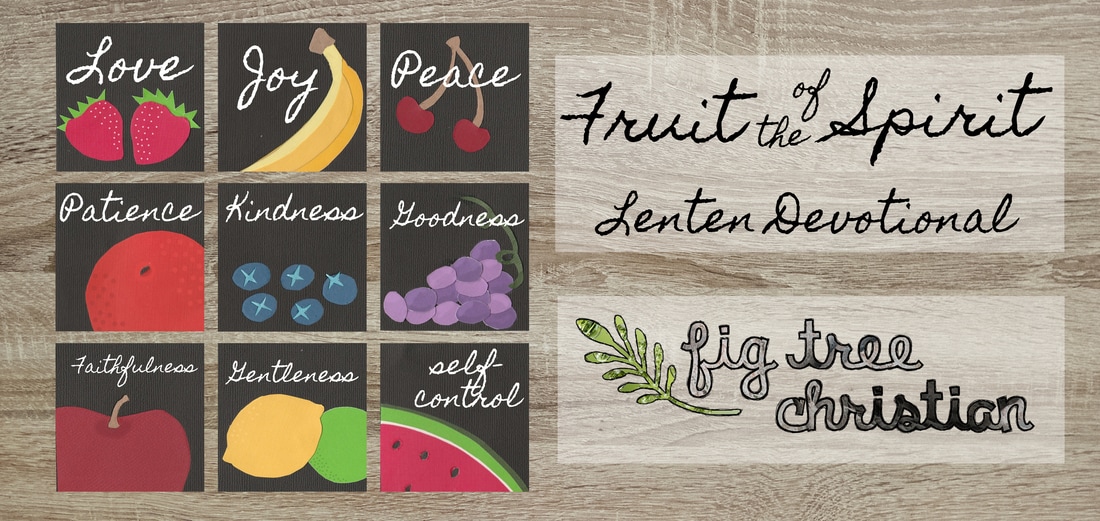
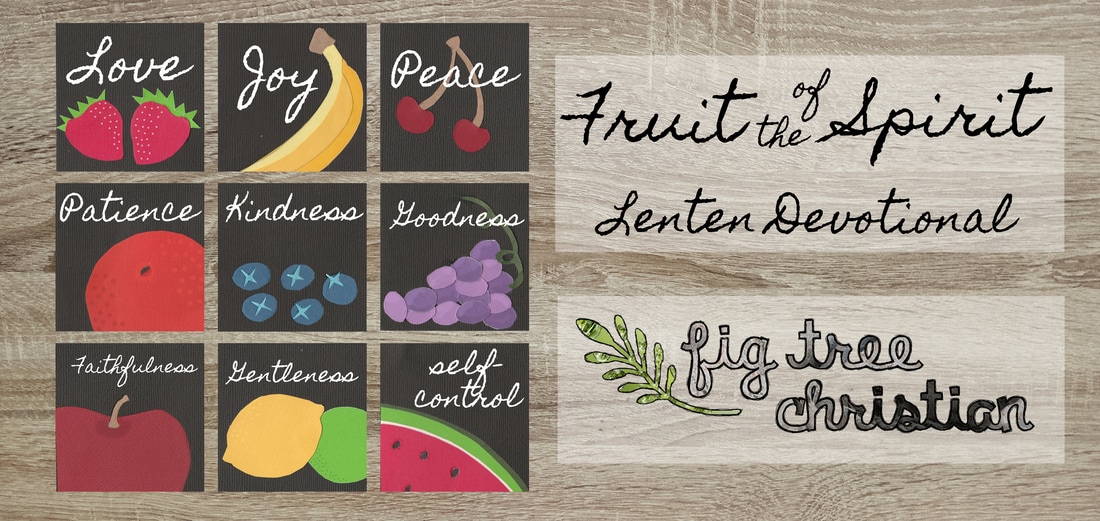
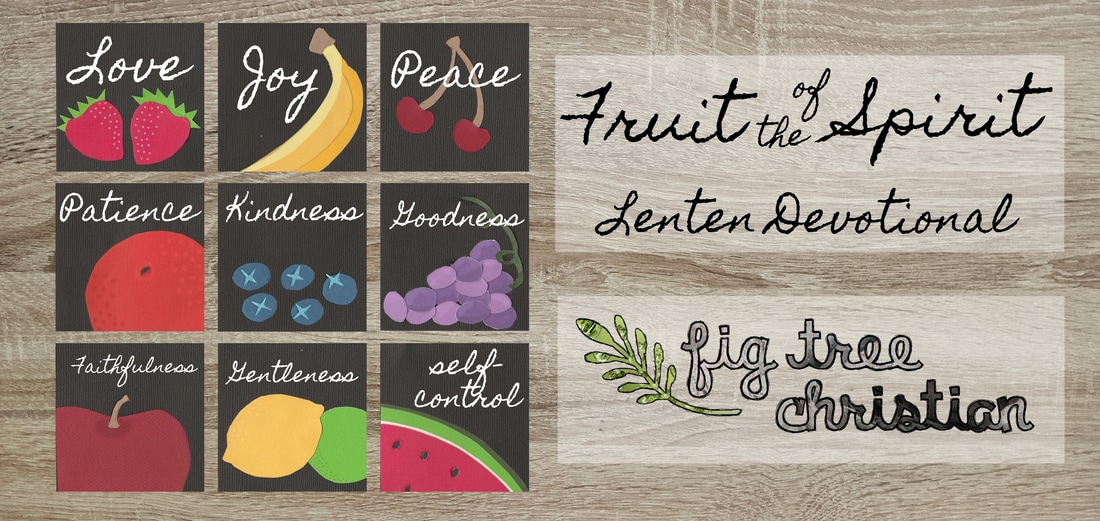
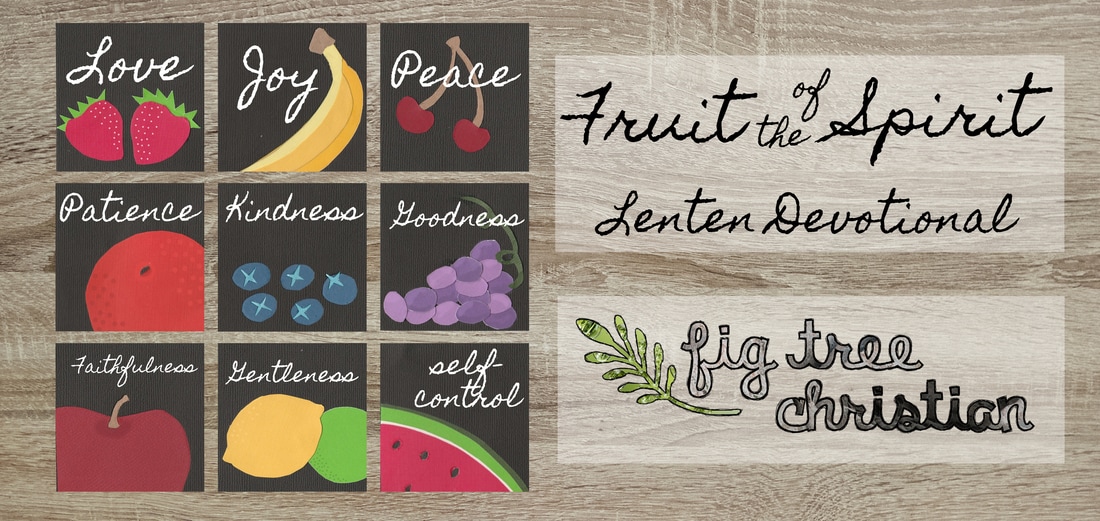
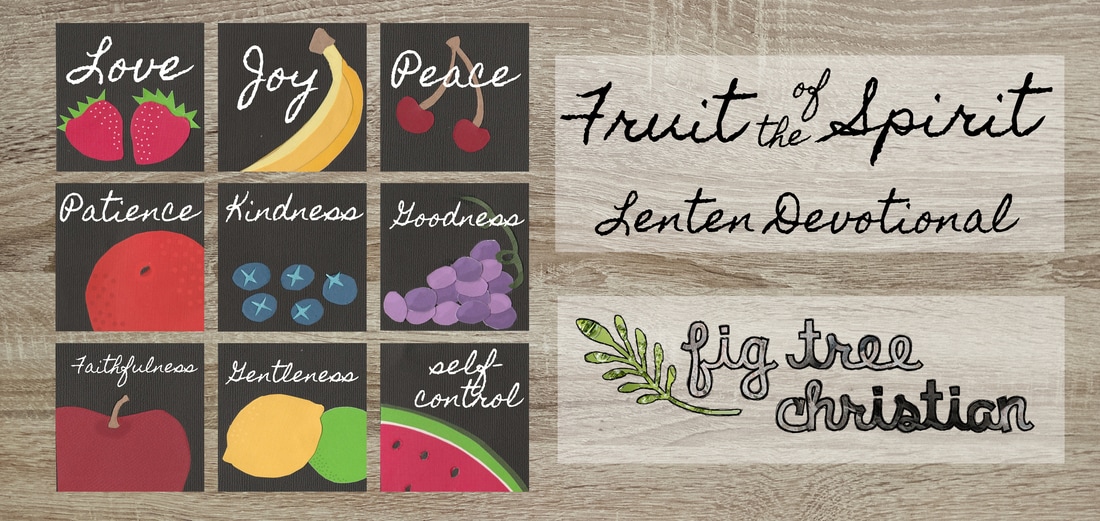
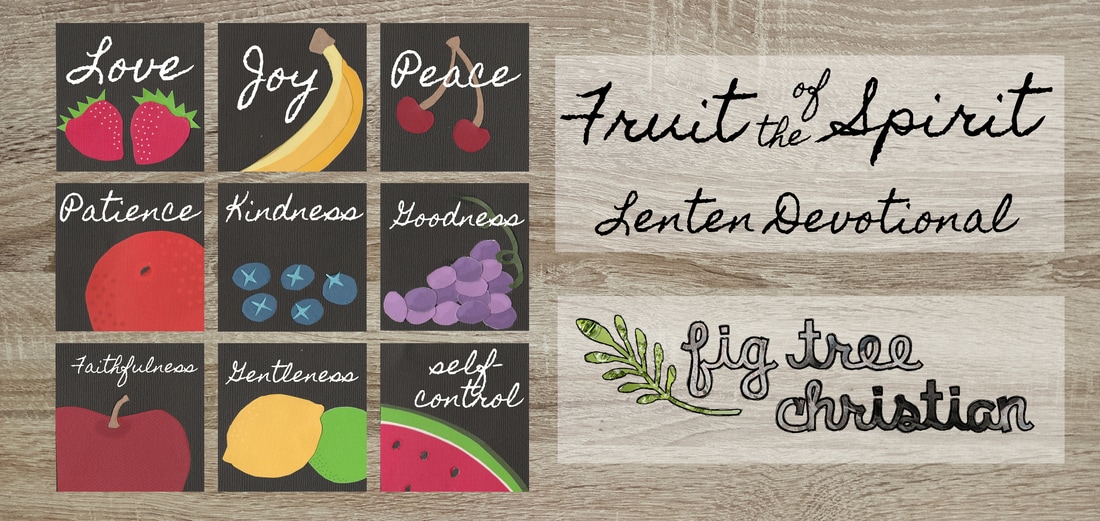

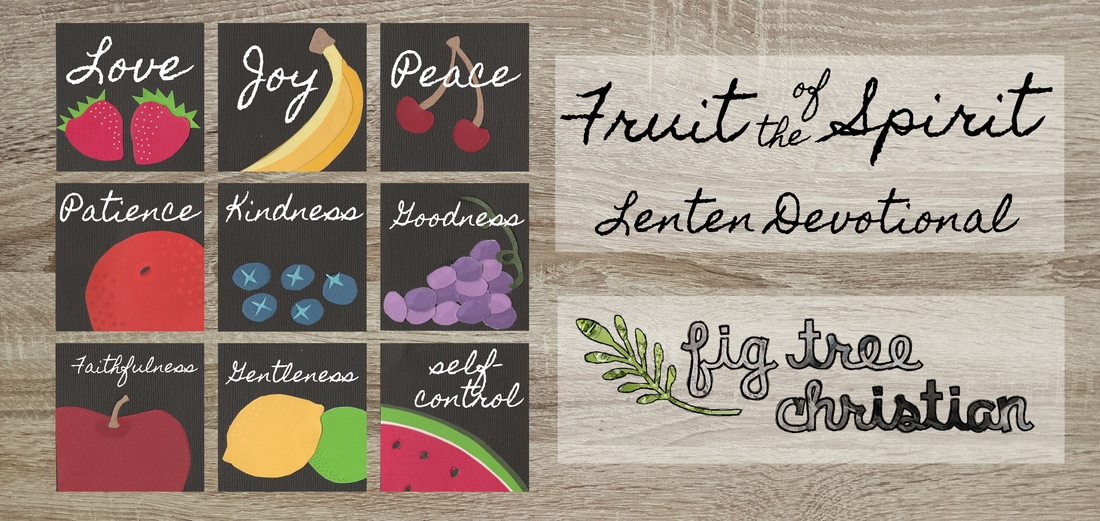
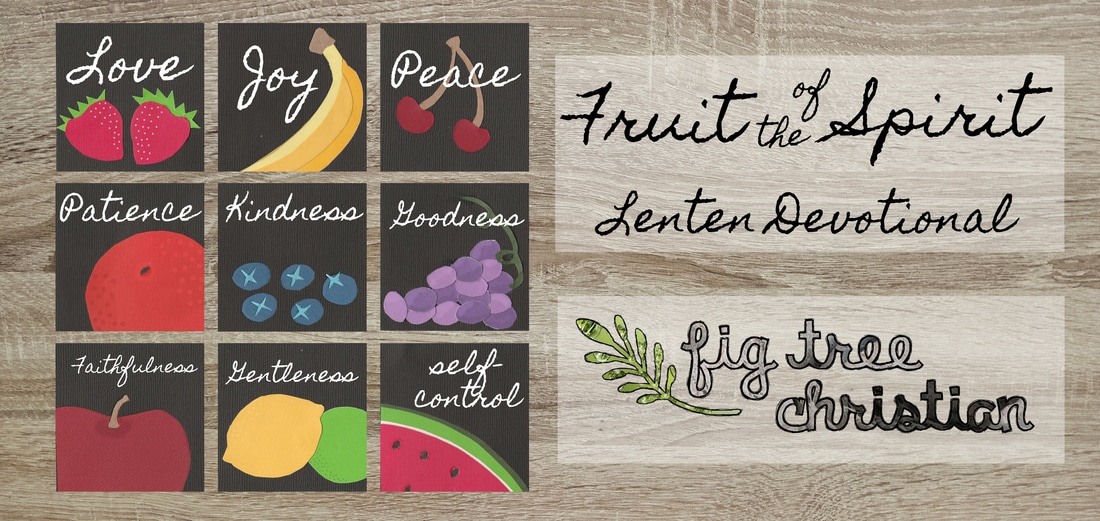
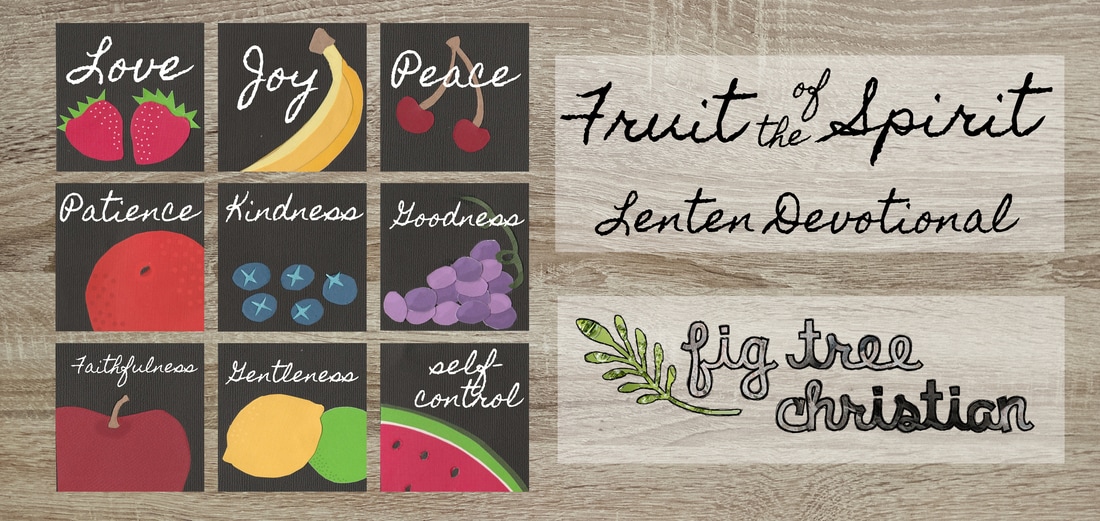

 RSS Feed
RSS Feed